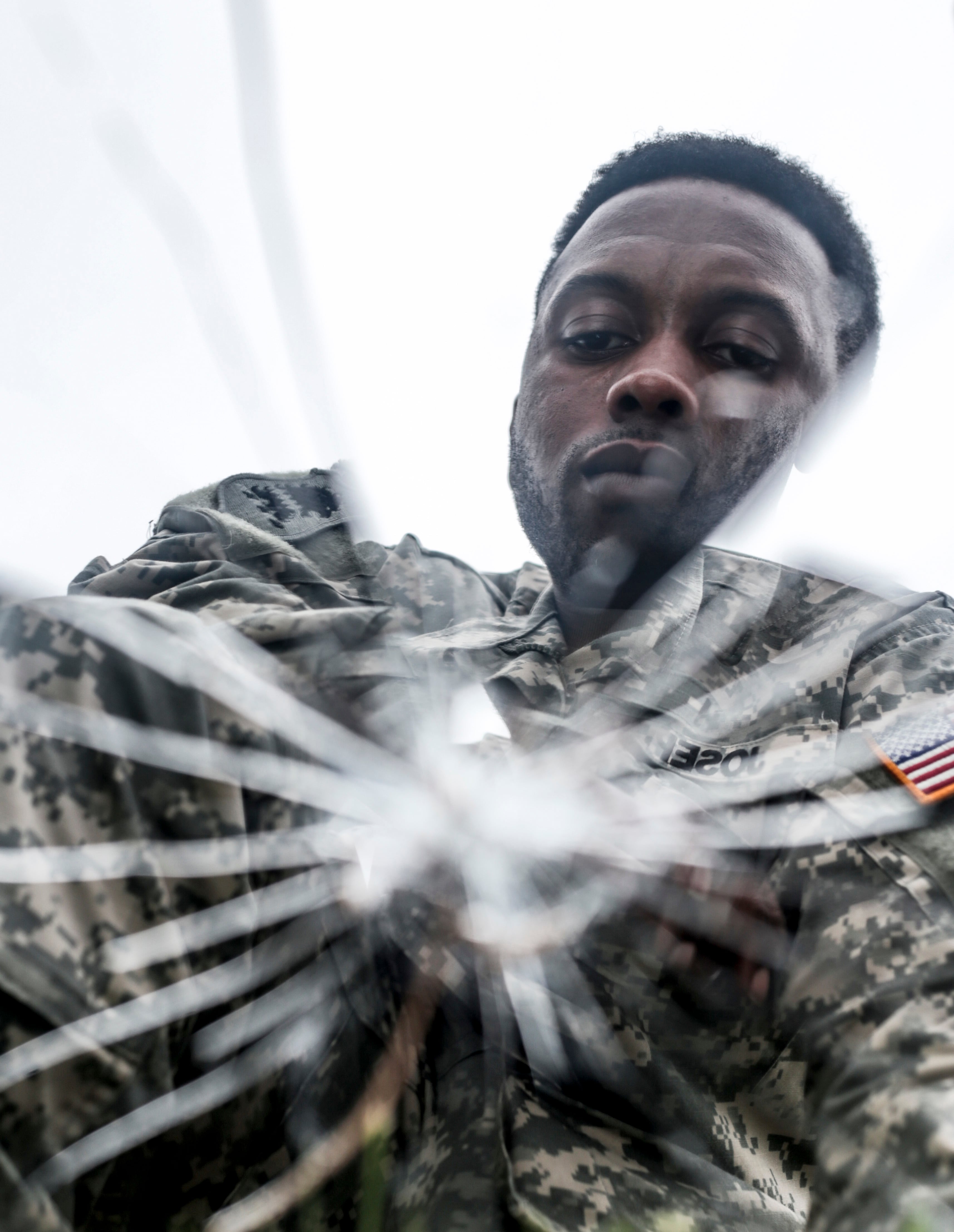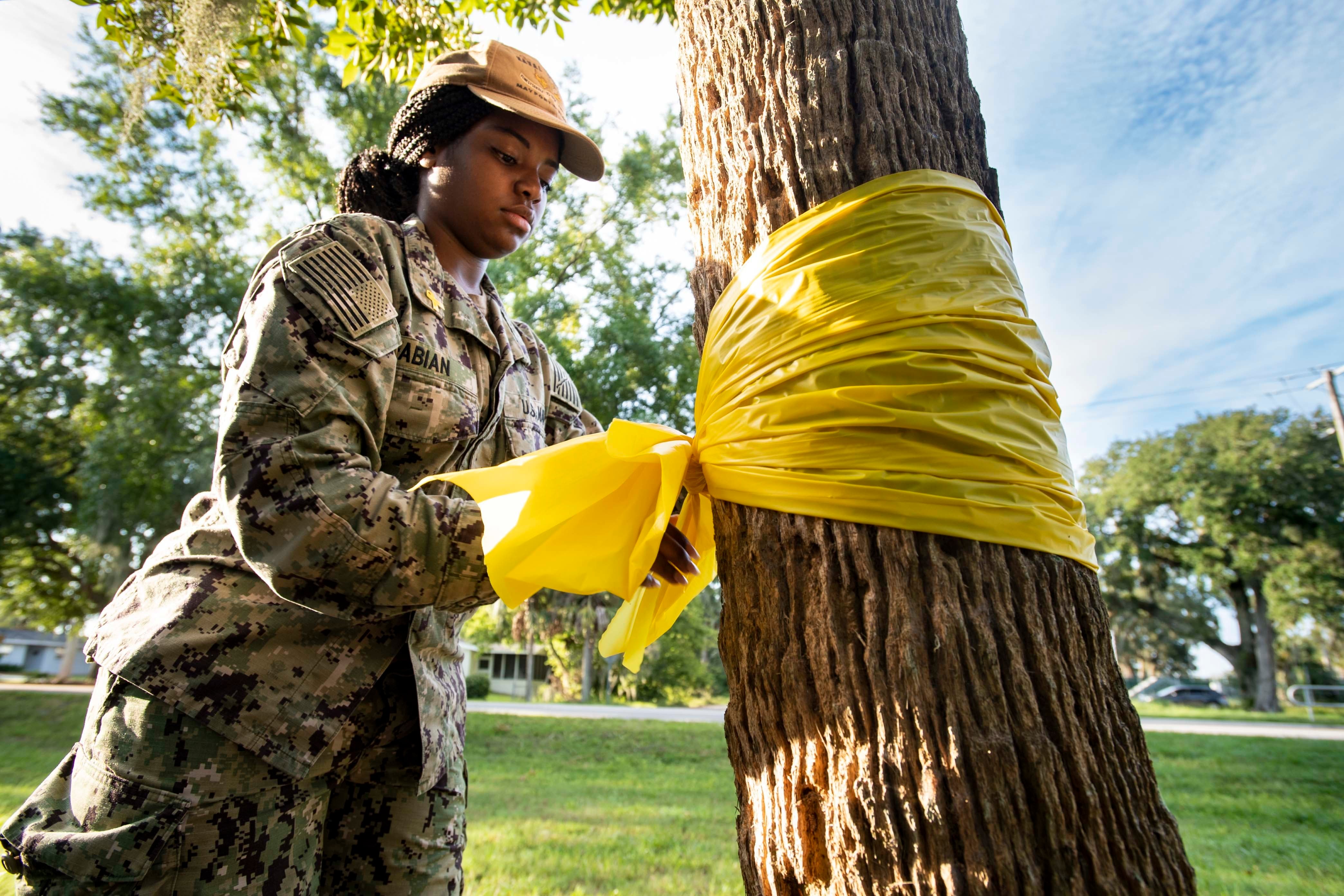Suicides among troops were down 8 percent between 2018 and 2019, a bit of hope in a time when rates have been climbing.
While the active-duty component saw an increase of 16 deaths, or roughly 1 percent, the National Guard saw more than a 30 percent drop, from 136 to 89, with the Reserve down from 81 to 65, a drop of more than 4 percent.
But the impact of 2020 on the mental health of service members is only just beginning to show itself, as numbers from the first half of the year emerge.
“At this time, it’s too early to determine whether suicide rates will increase for 2020," Karin Orvis, the Defense Department’s suicide prevention office director, told reporters. “We’ll need to have the full year of data, and investigations completed, to determine the cause of death.”
So far, DoD has only released its suicide numbers from January through March, the early days of the COVID-19 pandemic. Though the second-quarter numbers are due to be released within a matter of days, Orvis declined to comment on what’s in them.
The Army, however, in an exclusive interview with the Associated Press, last week divulged that it has seen a 30 percent spike in suicide deaths so far this year.
On Thursday, CNN reported that the Army’s total stood at 114 as of the end of August, up from 88 in the same time period the year before ― 35 of those in the month of July alone.
The Army, with more than twice the number of personnel of the next largest service, always has a higher number of suicides, but with 38 in the first quarter, and 35 in a single month, it could represent a more widespread trend throughout the military.
Indeed, counts of suicide deaths released before the annual suicide report are still considered preliminary, giving investigators time to determine whether they were in fact intentional suicides or caused by accidents, or foul play.
Orvis gave examples of past cases that have had suicide removed as the official cause of death, including a case that was settled years after the fact.
However, DoD statistics show that the vast majority of military suicides ― among active-duty troops, 60 percent by firearm and 31 percent by hanging ― are carried out in such a way that the cause of death is readily determined.
RELATED

Orvis declined to comment on the effect the COVID-19 pandemic has had on service members ― from the stress of mandatory quarantine, shelter-in-place and work-from-home requirements, to tens of thousands of Guardsmen activating to support their community response efforts ― except to say that the department has a range of mental health resources available to troops and is shoring up its information campaigns to make them known.
Earlier this week, Gen. Paul Funk, the head of Army Training and Doctrine Command, offered that perhaps the Army should be requiring a yearly mental health check-up.
"In my opinion, just like we have to go see the dentist, we all ought to have to see the behavioral health specialist once a year,” he said Tuesday at the Army’s 2020 Fires Conference.
Funk’s remarks reflected the biggest barrier to preventing suicides in the military: that no matter how many resources are available, it comes down to making people feel like they can get help.
“We’ve got to try to turn the corner on the suicide issue, and we’ve got to work hard to make people feel like they are part of our organization that can turn to us in times of need,” he added.
Orvis did not outright endorse that idea, but said that it was something DoD would consider.
“We’re certainly looking into all possibilities”, she said.
Service members and veterans who are in crisis or having thoughts of suicide, and those who know a service member or veteran in crisis, can call the Military Crisis Line/Veterans Crisis Line for confidential support available 24 hours a day, seven days a week, 365 days a year. Call 1-800-273-8255 and Press 1, text to 838255 or chat online at VeteransCrisisLine.net/Chat.
Meghann Myers is the Pentagon bureau chief at Military Times. She covers operations, policy, personnel, leadership and other issues affecting service members.




